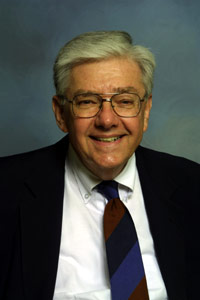Problem-Solving Courts Can Produce Better Outcomes for Participants, But Do White Defendants Benefit More Than Black?
The emergence of drug-treatment courts and other specialized “problem-solving courts” (PSCs) has been among the most important developments in American criminal justice over the past three decades. Founded in 1989, Miami’s drug-treatment court is often credited as the nation’s first PSC. The court was developed out of a sense of frustration that conventional criminal-justice responses to drug crime failed to address underlying addiction problems, resulting in a seemingly never-ending cycle of arrest, incarceration, return to use, and rearrest for many individuals. Treatment might be offered, or even required, within the conventional system, but the results were often disappointing. However, the drug-treatment court aimed to provide treatment within a different framework. The judge kept close tabs on the defendant’s progress, working with a team of court personnel and treatment providers to ensure adequate support for the defendant’s rehabilitation and appropriate accountability for backsliding.
The drug-treatment court concept spread rapidly. Hundreds of such courts were created by the late 1990’s, and thousands exist today. Moreover, the drug-treatment court model—specialized caseload handled by an interdisciplinary team, provision of social services to address underlying causes of criminal behavior, close judicial supervision, and use of carrots and sticks to keep defendants progressing through treatment—has been adapted to handle a wide range of other offender groups. The PSCs now in operation in many jurisdictions include mental health courts, homelessness courts, DUI courts, prisoner reentry courts, and veterans courts.

 Many of us on the Marquette Law School faculty were saddened to learn of the death earlier this month of Professor Julian Kossow. Julian had a long and varied career, primarily in academia and real estate. As he recounted in
Many of us on the Marquette Law School faculty were saddened to learn of the death earlier this month of Professor Julian Kossow. Julian had a long and varied career, primarily in academia and real estate. As he recounted in